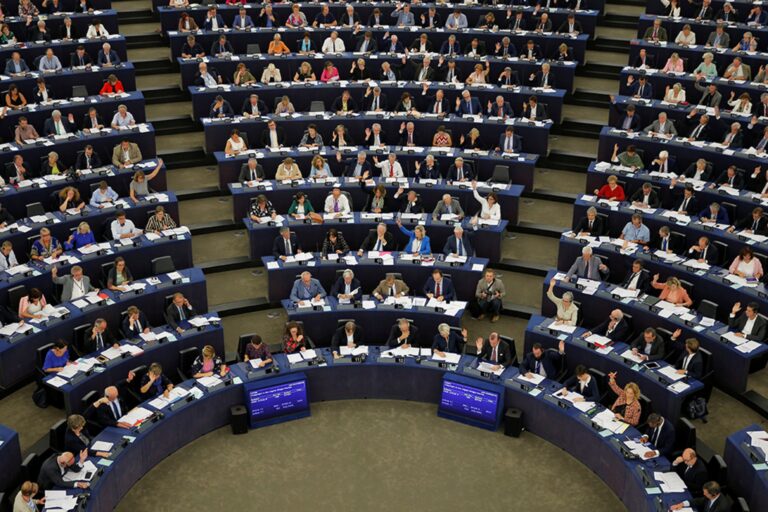
By: Christia Marie Ramos – Reporter / INQUIRER.net /March 15, 2021
MANILA, Philippines — The European Union (EU) launched on Monday a P130 million three-year grant to fund pandemic preparedness and response in the Philippines.
The grant, which will be implemented by the World Health Organization (WHO) in the Philippines for a span of three years, is part of the €20.5-million program between the EU and WHO covering eight priority countries in Southeast Asia.
“The European Union is providing €20 million for a new program. The project will support preparedness and response capacities of our partners in the Association of Southeast Asian Nations and about €2.3 million or P130 million will directly benefit the Philippines,” Ambassador of the European Union to the Philippines Luc Véron said during the launch event.
“We now see a light at the end of the tunnel with the arrival of the vaccines but we are not out of the tunnel yet. It is important to not let our guard down. Preventing and containing Covid-19 outbreaks and safely treating those who catch it remain a top priority, at the same time we need to build back better,” he added.
According to WHO representative to the Philippines Dr. Rabindra Abeyasinghe, the EU grant will support the organization to “build and strengthen Covid-19 response activities and capacities” in the country.
A portion of the EU-funded assistance will be spent on WHO-backed activities to help prepare for the roll-out of Covid-19 vaccines, the EU said in a statement.
The majority of the funding, it added, will be invested by WHO to further strengthen the capacity of the Philippine’s health system to rapidly identify, respond to and suppress the spread of the virus.
The EU noted that the specific areas of actions under the EU grant in the Philippines include the following:
- strengthening surveillance, risk assessment and contact tracing activities
- enhancing the functions of national laboratories
- improving case management, infection, prevention and control
- utilizing risk communications and community engagement approaches
- implementing specific public health measures for travel and points of entry
- scaling up readiness for Covid-19 vaccines
- identifying and maintaining essential health services and systems
- operational support and logistics
Abeyasinghe also noted the spike in Covid-19 cases in the country in the past week.
“Vaccines have arrived but the vaccines alone cannot prevent the spread of Covid-19 and it will be many months will we succeed in vaccinating a significant proportion of the population,” he said.
He added that “much work remains and much strength will be required” the country’s response to the pandemic.
“Continued strength for policy makers and leadership to make wise decisions for the health and safety of people and communities throughout the Philippines and continued strength from health care workers, who are critical links in a fragile fence, working to protect their countrymen and the country from Covid-19,” he said.
The WHO official further reminded Filipinos to “carry on with the prevention measures.”
Health Secretary Francisco Duque III also welcomed the EU grant, saying this will ensure a more inclusive response to the pandemic.
“This support of the EU to the WHO will help ensure that the pandemic response is able to reach all those who are uniquely vulnerable, experiencing barriers to health due to their social as well as economic conditions,” Duque said.